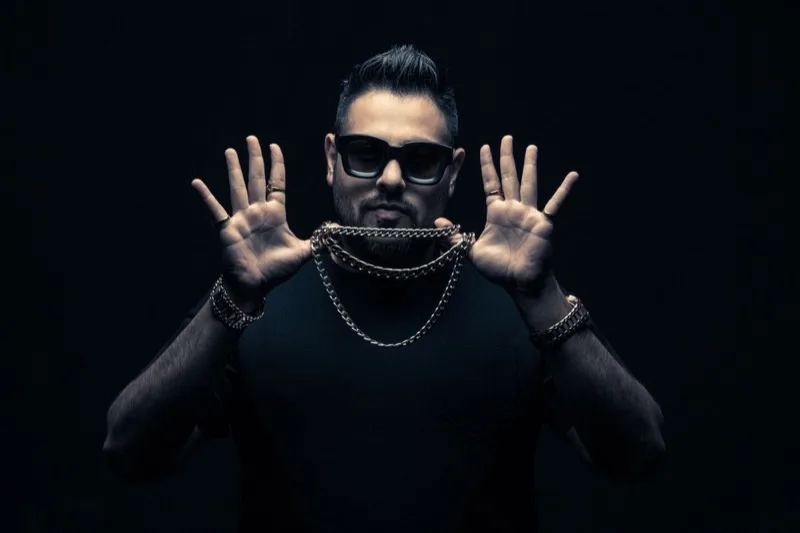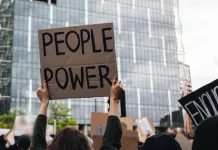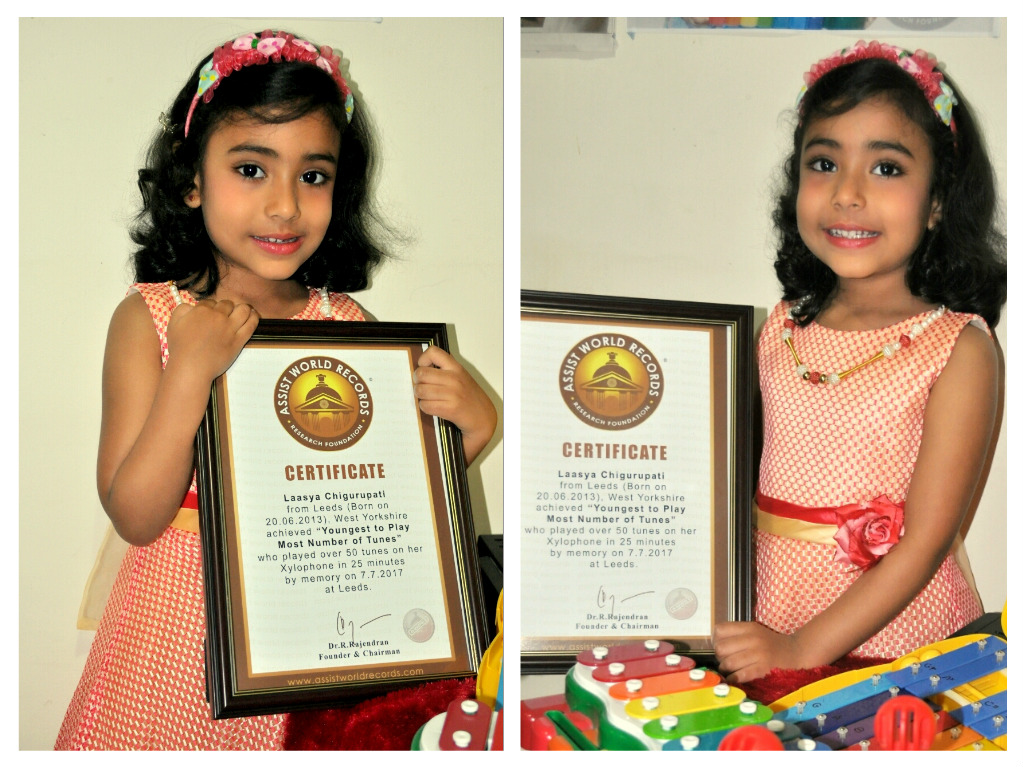
“How the ‘Saturday Saturday’ hit-maker’s cultural roots and philanthropic efforts continuously fuel his ambitions.”
Byline: Princy Jain
A tempest of talent, Badshah stormed the international musical realms, unleasheding a deluge of melodies that reverberated throughout the UK his recent tour.
Recognised as a symbol of the quintessential rags-to-riches saga, Badshah has risen from humble beginnings in Haryana to reach the pinnacle of global musical stardom.
His transformation from a civil engineer to a musical marvel is a testament to his relentless drive, exceptional flair, and a unique blend of creativity imbued with cultural richness.
Aditya Prateek Singh Sisodia, better known as Badshah, grew up in a middle-class household in New Delhi. His passion for mathematics and physics merged with his love for music, flourishing in the underground music scene of the Asian Underground during his time at university.
Where he embraced his initial rap alter ego, pseudonym ‘MC Cool Equal’, and established the duo ‘Northern Clique’ alongside a fellow student.
Juggling the demands of his civil engineering job, Badshah spent his nights laying down tracks in the studio. These sessions led to his encounter with Mafia Mundeer, marking a pivotal chapter in his musical journey.
With songs like ‘Saturday Saturday’ in 2012, his passion project with his civil engineering work became a career. This song became a party hit in urban India.
Later, Bollywood hits like ‘Abhi Toh Party Shuru Hui Hai’ (2014) and ‘Aaj Raat Ka Scene’ (2015) solidified his place in Indian music. However, ‘DJ Waley Babu’ (2015), his major label debut single, propelled him into the spotlight.
A new generation of Indians who valued brands and indulgences was inspired by his music. This audience responded to his hits like ‘2 Many Girls’ (2015) and ‘Kar Gayi Chull’ (2016), cementing his place in Bollywood’s ever-changing music landscape.
His more recent Eps like ‘Retropanda’ (2022) and ‘3 A.M. Sessions’ (2023), show Badshah’s artistic progression. In these ventures, he explored nostalgia, synth-wave, and ’90s Bollywood and Indi-pop music.
Badshah’s impact transcends geographical boundaries. He has collaborated with international heavyweights such as J Balvin, Tainy, Sean Paul, Major Lazer, Diplo, Tiesto, Lil Baby, and Mikey McCleary, showcasing his ability to blend contemporary production with traditional Indian sounds seamlessly.

Not only this, he is a highly influential contemporary Indian artist and has been acknowledged by GQ and Forbes.
Beyond the glimmering stage and the roaring applause, his commitment to giving back to society stands out as a ray of hope as a commitment to education and women’s empowerment.
Despite the stellar trajectory of his career, Badshah’s narrative includes overcoming formidable challenges, including his struggles with clinical depression and severe anxiety disorder.
His encounters have transformed him into a passionate champion for raising awareness and providing assistance in the realm of mental health. He has utilised his platform to normalise discussions surrounding mental health and promote a culture of open dialogue regarding emotional well-being, showcasing a strong dedication to social responsibility.
In a world where celebrity influence is often measured by fame and fortune, Badshah shines as an artist who leverages his achievements to bring about positive change in the lives of the underprivileged. His acts of generosity are a testament to the understanding that those in positions of influence must give back, and he has wholeheartedly embraced this duty.
With a career spanning over a decade, more than 500 stadium performances, and an array of hits, his tour hit iconic UK venues, including the OVO Arena, in London, and Direct Arena in Leeds in November.















